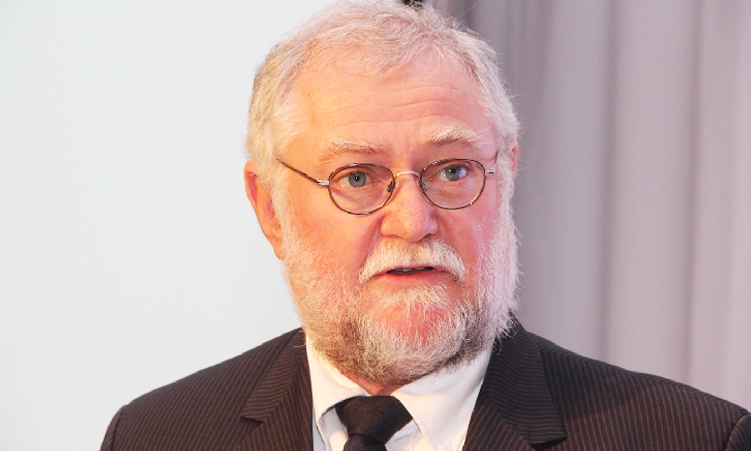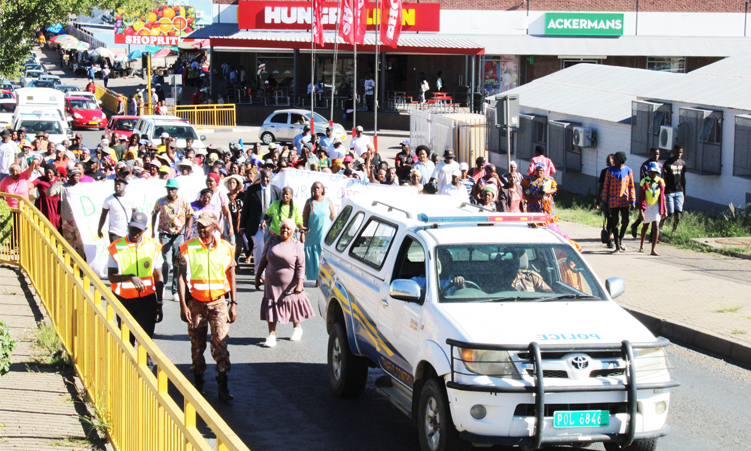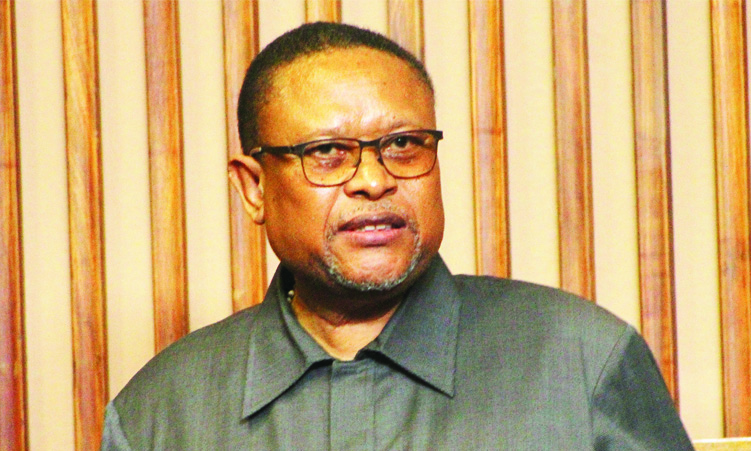Some enterprises say they are in the midst of business boomtime, yet others complain about experiencing productivity disruptions, because of the numerous public holidays.
The plethora of public holidays over a three-month period in this first half of the calendar year, starts with Independence Day on 21 March and ends on 25 May with Africa Day.
In 10 weeks, there are seven out of Namibia’s 12 public holidays.
Measured by income generation or productivity, be it positively or negatively, all sectors of the economy are affected by public holidays.
So let’s unpack the consequence of public holidays on Namibia’s economy.
As for the loss of production due to public holidays, the contribution by all businesses to the gross domestic product is important.
However, viewed realistically let’s admit that despite the laudable Vision 2030 aspirations, the country’s industrial base remains small. Namibians continue consuming more made elsewhere than what is produced in the country.
Furthermore, Namibia’s economy is dominated by mining, fishing, agriculture, tourism, logistics and transportation, all which operate continuously for 24-hours on every day of a calendar year.
They cannot, without great cost, stop and restart operations at will or on a whim. So, public holidays have little, if any, bearing on production.
As for the retail sector, they too love public holidays, as it is factual that many families love to shop and visit eateries and cinemas in malls on public holidays, even on those ones of religious significance.
The same applies to informal traders and tuck shops in the country’s informal settlements.
Other than over the festive season when many will holiday for longer periods away from urban centres, those micro enterprises view public holidays as a sales spike blessing.
Despite the winging and whining about lost productivity by few businesses, as individuals, most of us just love public holidays.
Not surprising in such a geographically vast land, as it provides an opportunity to travel long distances to visit family who one might last have seen over the festive season.
To dispel the myth that Namibia has far too many public holidays.
The Public Holidays Act, 1990 (Act 26 of 1990) provides for 12 public holidays annually.
Although the act provides for a Monday following a Sunday, which is a public holiday, to be a public holiday, unless that Monday is already a public holiday.
But this does not increase the actual number of public days in a calendar year.
Namibia’s number of public holidays equals that in South Africa, but it is fewer than Angola’s 15. However, for another two neighbours, Botswana has 9 and Zambia 11 public holidays.
On the African continent it varies with on the higher side the 22 public holidays in Egypt and 22 in Tanzania.
As for public holidays in other countries, an internet search reveals that Nepal tops the list with 35.
Following in second place is Myanmar with 32, and sharing the third place is Sri Lanka and Iran with 25.
Public holidays facilitate business opportunities and that’s the bottom line.
So, although some enterprises, the minority, view public holidays as a curse, most businesses consider it a blessing and a money making boomtime.
- Danny Meyer is reachable at danny@smecompete.com
Stay informed with The Namibian – your source for credible journalism. Get in-depth reporting and opinions for
only N$85 a month. Invest in journalism, invest in democracy –
Subscribe Now!






